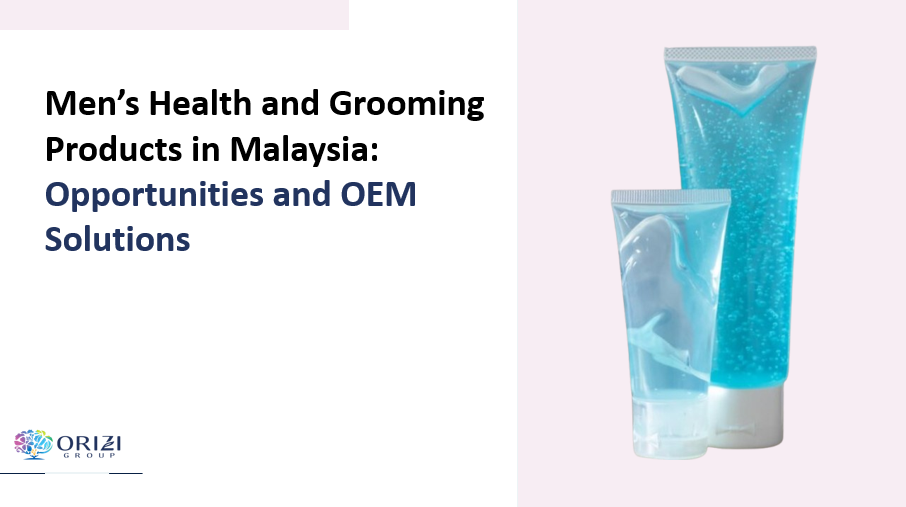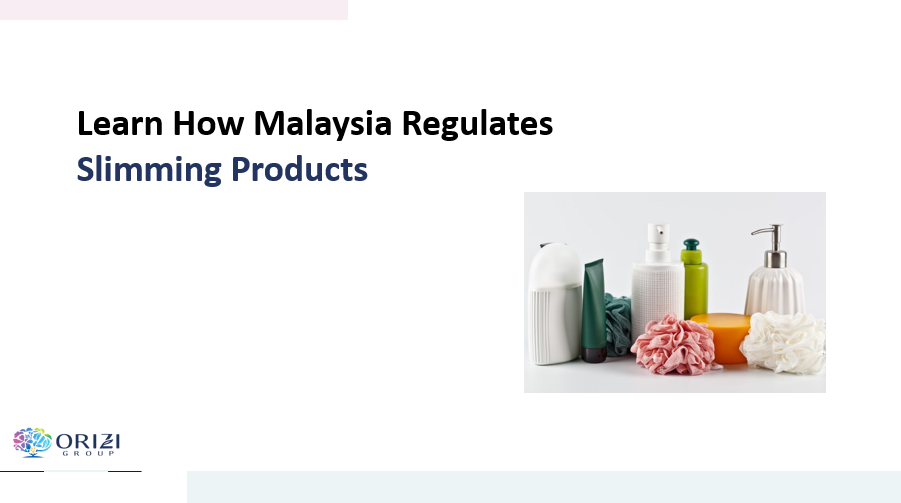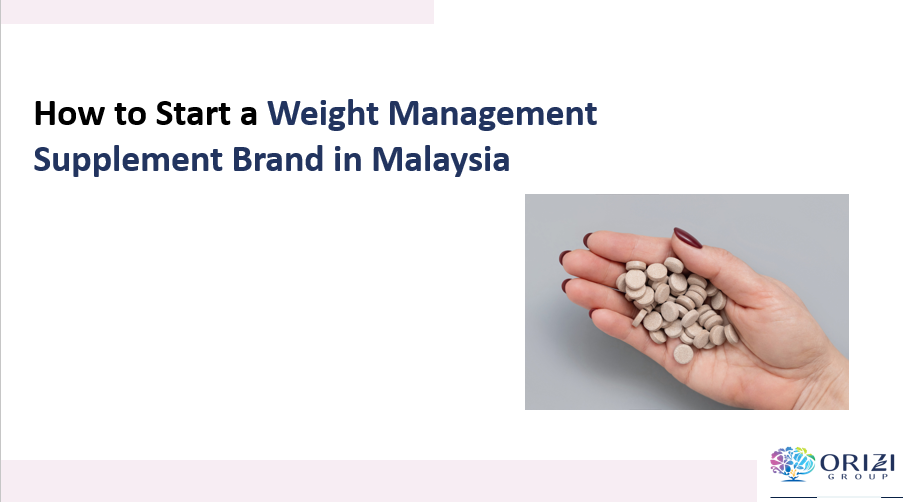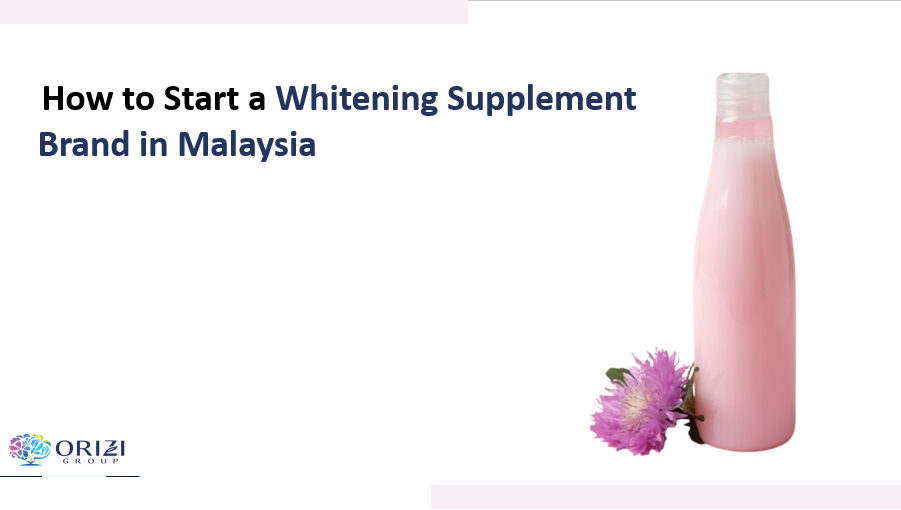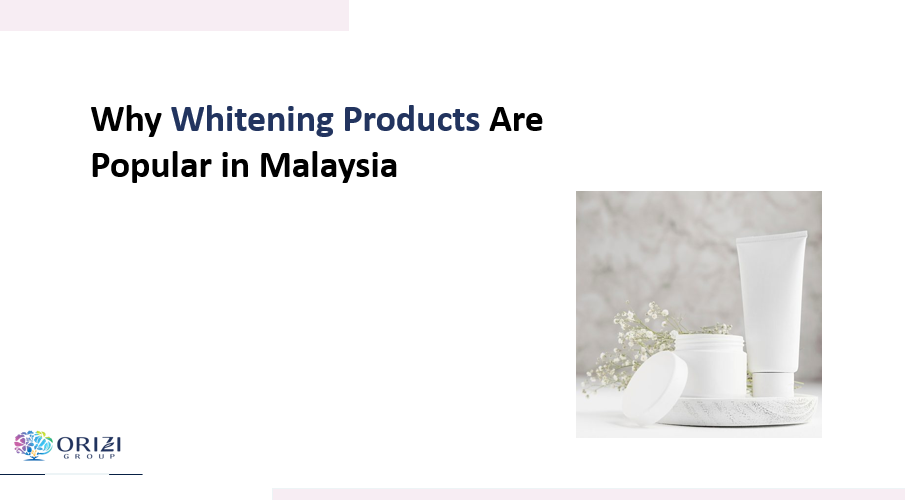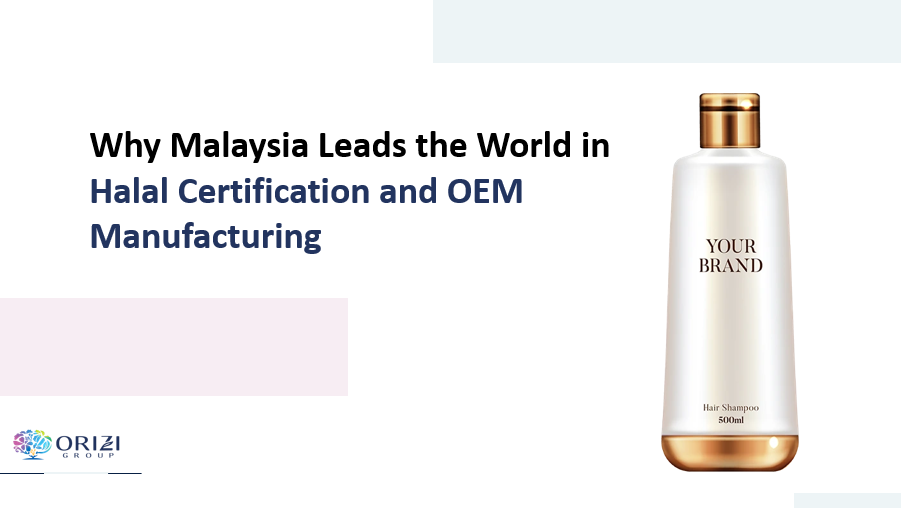
Table of Contents
Halal isn’t just a religious label—it’s a global trust mark for purity, ethics, and safety. In today’s market, brands aiming to reach Muslim consumers must meet strict Halal standards, and Malaysia stands at the forefront of this movement. This article explores why Malaysia is globally recognized as a Halal certification leader, the role of JAKIM, and how this influences OEM and ODM manufacturing across industries.
What Does Halal Certification Truly Mean?
Halal means “permissible” in Arabic, and in the context of manufacturing, it refers to products that meet Islamic law across sourcing, production, handling, and ethics. In Malaysia, Halal certification applies to:
- Food and beverages
- Cosmetics and personal care
- Health supplements and pharmaceuticals
- Medical devices and hygiene products
- Fragrances and household goods
Halal is more than just avoiding pork or alcohol. It involves clean, ethical, and traceable practices from farm to factory to final packaging—appealing to both Muslim and non-Muslim consumers who value purity and quality.
Who Is JAKIM and Why Their Certification Matters
JAKIM (Department of Islamic Development Malaysia) is Malaysia’s official Halal certification authority. It is one of the most respected Halal bodies globally, known for its:
- Strict auditing standards
- Transparency and credibility
- International partnerships with other Halal bodies
JAKIM ensures that:
- All ingredients are Halal-compliant and traceable
- Facilities are free from contamination and cross-contact
- Equipment, packaging, and processes follow Shariah principles
- Halal integrity is maintained throughout the supply chain
Only factories and brands that pass JAKIM’s comprehensive audits can bear the official Halal Malaysia logo—a mark recognized around the world.
Global Recognition of Malaysian Halal Products
JAKIM’s Halal logo is accepted or recognized by over 70 countries, making it a powerful passport for global trade. This includes:
- Southeast Asia: Indonesia, Brunei, Singapore, Thailand
- Middle East: UAE, Saudi Arabia, Qatar, Egypt
- South Asia: Pakistan, India, Bangladesh
- Europe & Africa: With growing acceptance through mutual recognition agreements
This means that a product certified Halal by JAKIM can often skip secondary certifications, reducing cost and speeding up export approval.
Malaysia’s Role in the Global Halal Economy
Malaysia doesn’t just certify Halal—it drives Halal innovation. The country leads Halal trade and policy through:
- HDC (Halal Development Corporation) – Supports Halal industry growth and investment
- MIHAS (Malaysia International Halal Showcase) – The world’s largest Halal trade event
- Halal R&D and Academia – Institutions offer Halal science, formulation, and logistics training
- Halal Parks – Industrial zones tailored for Halal production and logistics
Malaysia’s Halal leadership also aligns with UN SDGs, particularly in ethical production, sustainability, and fair trade.
In a world where ethical, traceable, and compliant products are in demand, Malaysia stands tall as the global benchmark for Halal certification. Backed by JAKIM’s internationally respected standards, and supported by advanced OEM infrastructure, Malaysia offers a unique combination of trust, quality, and scalability. For any brand looking to tap into the Halal economy, Malaysia isn’t just a smart choice—it’s a strategic one.

